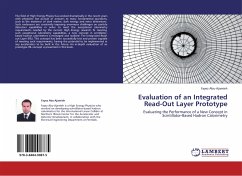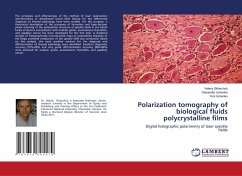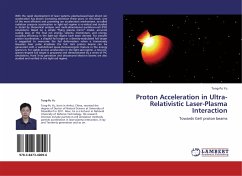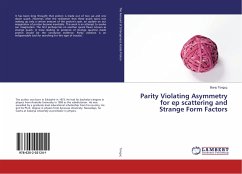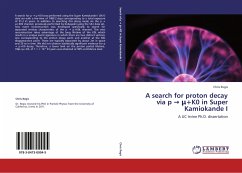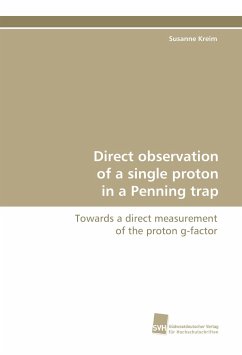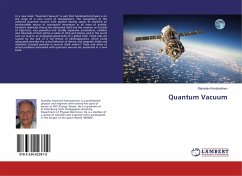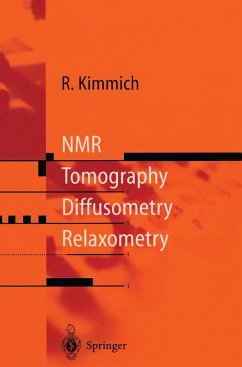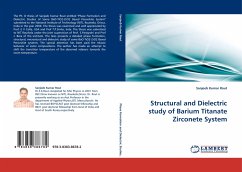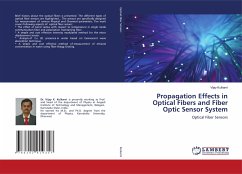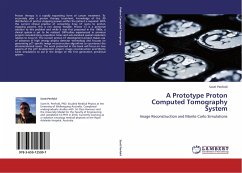
A Prototype Proton Computed Tomography System
Image Reconstruction and Monte Carlo Simulations
Versandkostenfrei!
Versandfertig in 6-10 Tagen
45,99 €
inkl. MwSt.

PAYBACK Punkte
23 °P sammeln!
Proton therapy is a rapidly expanding form of cancer treatment. To accurately plan a proton therapy treatment, knowledge of the 3D distribution of proton stopping powers within the patient is required. With the current clinical practice of converting X-ray CT scans to proton stopping powers, this is not always feasible. Proton CT is a potential solution to this problem and while it was first proposed in the 1960s, a clinical system is yet to be realized. Difficulties experienced in previous projects included long acquisition times and sub-standard spatial resolution relative to X-ray CT. The c...
Proton therapy is a rapidly expanding form of cancer treatment. To accurately plan a proton therapy treatment, knowledge of the 3D distribution of proton stopping powers within the patient is required. With the current clinical practice of converting X-ray CT scans to proton stopping powers, this is not always feasible. Proton CT is a potential solution to this problem and while it was first proposed in the 1960s, a clinical system is yet to be realized. Difficulties experienced in previous projects included long acquisition times and sub-standard spatial resolution relative to X-ray CT. The current proton CT development project makes use of advances in high energy physics detector technology and focuses on generating pCT specific image reconstruction algorithms to counteract the aforementioned issues. The work presented in this book will focus on two aspects of the pCT development project; image reconstruction and Monte Carlo simulations to aid in the design of the first generation preclinical system.



